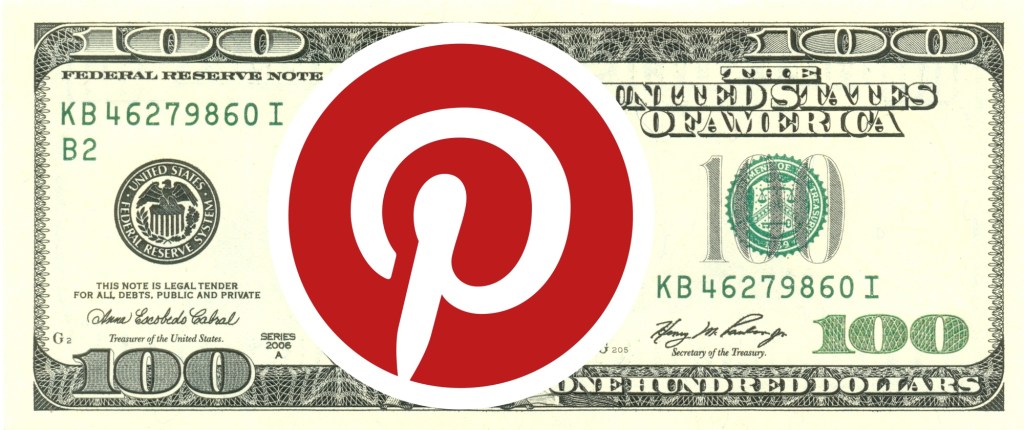TechCrunch has obtained documents that show Pinterest has been forecasting $169 million in revenue this year and $2.8 billion in annual revenue by 2018. Pinterest was also expecting to grow its monthly active users to 151 million by the end of 2015 and 329 million by 2018.
Andreessen Horowitz used this information to solicit limited partners to invest in its special investment fund for Pinterest earlier this year, valuing the social media company at $11 billion.
The venture firm said that Pinterest is “striving to build a platform with the scale and engagement of Facebook and the purchasing intent of Google.”
The documents say that based on the fourth quarter of last year, Pinterest’s “revenue run rate” stood at $90 million. As the WSJ noted in June, this means that Pinterest brought in less than $25 million in revenue last year because the company first introduced its “promoted pins” in late 2014.
The papers show that Pinterest is generating $1.44 per active user, based on its 2015 projections. It expects this number to grow by $9.34 by 2018.
While Target is already a confirmed partner for some of Pinterest’s e-commerce initiatives, the company was “in discussions” with Burberry, Walmart, and Nordstrom as of February 2015.
The documents also reveal that over half of U.S. women between the ages of 18-54 have signed up for Pinterest. The social media service showed strong growth amongst male users, growing 133% last year.
Pinterest is seeing its strongest growth outside of the U.S., accounting for 60% of new users. The fastest growing markets last year were the UK, Japan, France, Germany and Brazil.
The data also shows that roughly half of Pinterest users log in. As of January 2015, the company had 176 million registered users, but only 88 million active users. (In September, Pinterest confirmed that it had surpassed 100 million active users).
Pinterest’s primary advertising product is Promoted Pins, which gives marketers a way to get their pins in front of more users. It uses traditional advertising models like cost-per-click advertising, but can also charge marketers based on “engagement” — such as a re-pin, a close-up or a click on that pin.
The primary reason Pinterest is so valued by advertisers is it hits almost all points in which people can be targeted on the web. Pinterest users casually browse for ideas or inspiration, which can help drive brand awareness and justify purchasing promoted pins. But they also search on Pinterest for specific things, giving marketers a way to capture that intent and drive traffic — and potentially sales — using Promoted Pins. Promoted Pins give marketers a way to capture that intent or get visibility, while other platforms are generally good at capturing specific moments — such as Google with search.
Pinterest is also still releasing new products for marketers. For example, the company released Cinematic Pins — its take on a video-based advertisement that essentially plays only when the user scrolls — in May this year. It also released a new pricing model at that time that allowed marketers to pay based on engagement with their Promoted Pins. And it also earlier this year released Buyable Pins, a way for users to purchase things directly through Pinterest — and while merchants keep 100% of the sales, it gives them an incentive to promote pins on Pinterest in order to further drive sales.
All of this taken together gives advertisers a gold mine of sorts that might not necessarily be available in other outlets. Given the high engagement its users have, part of the sales pitch is that they have a much higher conversion rate than other platforms. Pinterest is super sticky and people wander around on it at basically all points of the funnel.
The social media site has raised over $1.3 billion in capital from notable investors including SV Angel, Rakuten and Bessemer Venture Partners.
Pinterest declined to comment. Andreessen Horowitz did not respond to a request for comment.































Comment